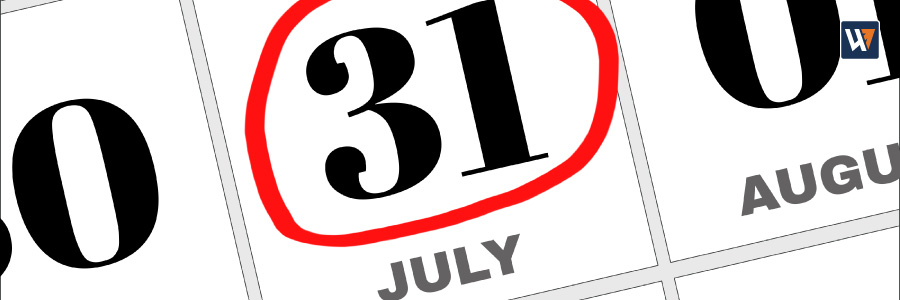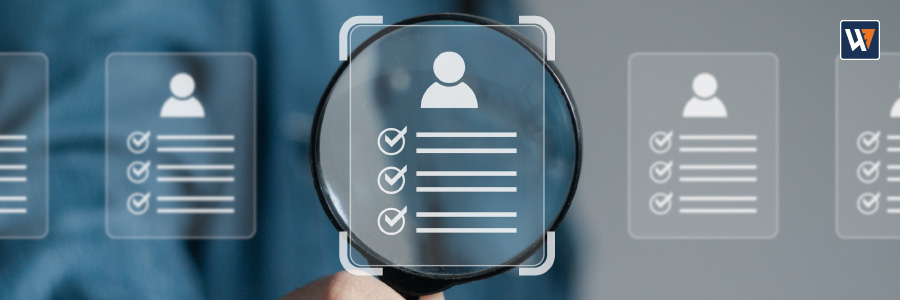HMRC Nudge Letters
 16th July 2025
16th July 2025
What is a HMRC Nudge Letter?
HMRC have been using nudge letters since 2017 to encourage taxpayers to check their previously declared taxable income and submitted returns. These are used to help identify whether there is any undeclared taxable income. A nudge letter is a type of communication that HMRC use to encourage individuals or businesses to ensure that they are following UK tax regulations. These make part of HMRC’s effort to help correct any missed information that has been declared previously.
Where HMRC Get Their Information For Nudge Letters
HMRC have access to more information than ever before and this is increasing every year. This is enabling HMRC to identify more and more groups of taxpayers who pose an increased risk of non-compliance.
HMRC have access to rental and estate agent property registers, land registry data, informants, security deposits, political electoral register, as well as third party reports. Recently HMRC have recently targeted landlords of short-term rental properties e.g. Airbnb through comparing properties advertised online and those declared on self-assessment tax returns.
What To Do If You Receive a Nudge Letter
If you receive a nudge letter from HMRC you should contact your Whitings contact as soon as possible and send them a copy of the letter.
It is likely that the nudge letter comes with a return correspondence deadline and usually by working with HMRC to correct any errors, penalties are reduced. If you have additional income to declare, then the letter will specify the next steps to take whether this be to file your first self-assessment, file an amended return or to make an online declaration. Once HMRC have been sent the additional information they will write to confirm the final amount due including any penalties and interest.
Get In Touch
Please contact your local Whitings Office or your usual Whitings contact for more information or advice on nudge letters.
Disclaimer - All information in this post was correct at time of writing.








